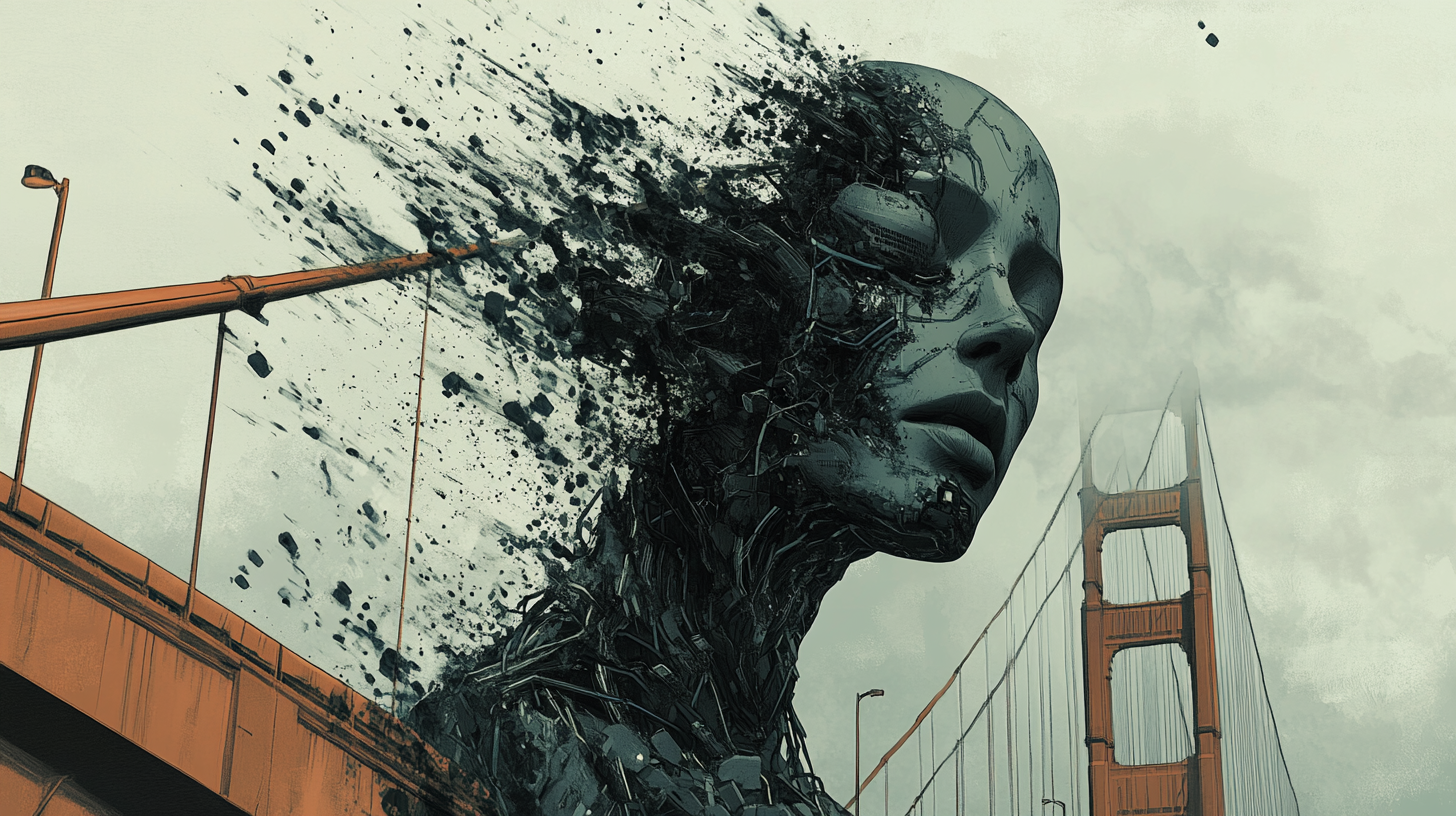California signs deepfake bill, but hesitates on further AI regulation

California passes new laws to combat AI-generated deepfakes in elections, but Governor Newsom worries about impact on AI industry.
California has enacted three new laws to regulate AI-generated deepfakes in elections. Governor Gavin Newsom signed the legislation on Tuesday, the New York Times reports. The measures aim to limit deceptive AI-generated content that could sway voters.
One law, effective immediately, bans knowingly spreading certain misleading election-related deepfakes within 120 days before and 60 days after an election. Another law, starting in January, requires labels for AI-generated audio, video, or images in political ads.
The third law, called the "Defending Democracy from Deepfake Deception Act," requires social media platforms with over one million California users to flag or remove AI deepfakes within 72 hours of a complaint. This law also takes effect in January.
The New York Times notes the laws only target deepfakes that could mislead voters. Labeled satire and parody remain allowed. The rules apply to depictions of presidential and vice presidential candidates, as well as many statewide candidates and elected officials.
Balancing regulation and innovation
Despite signing the deepfake laws, Governor Newsom expressed concerns about another AI bill. Bloomberg reports Newsom worried about a potential "chilling effect" of bill SB 1047 on AI development. This bill would hold AI companies liable if they fail to take necessary safety measures and their technology later causes major harm.
"We dominate this space, and I don’t want to lose that," Newsom said at a San Francisco event, according to Bloomberg. He stressed he was weighing AI's proven and hypothetical risks. "The impact of signing wrong bills over the course of a few years could have a profound impact," on the state’s competitiveness, the governor said.
The AI regulation debate in California shows the challenges lawmakers face. They must balance protecting the public from misinformation and upholding free speech, while fostering tech innovation. California's decisions could set precedents for other U.S. states and possibly national legislation.
AI News Without the Hype – Curated by Humans
As a THE DECODER subscriber, you get ad-free reading, our weekly AI newsletter, the exclusive "AI Radar" Frontier Report 6× per year, access to comments, and our complete archive.
Subscribe nowAI news without the hype
Curated by humans.
- Over 20 percent launch discount.
- Read without distractions – no Google ads.
- Access to comments and community discussions.
- Weekly AI newsletter.
- 6 times a year: “AI Radar” – deep dives on key AI topics.
- Up to 25 % off on KI Pro online events.
- Access to our full ten-year archive.
- Get the latest AI news from The Decoder.